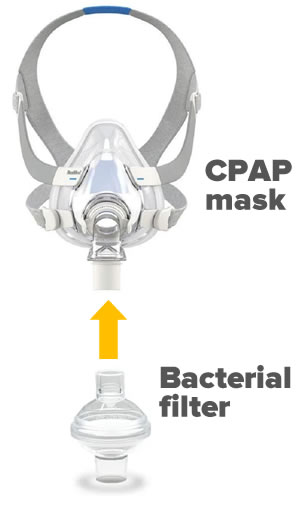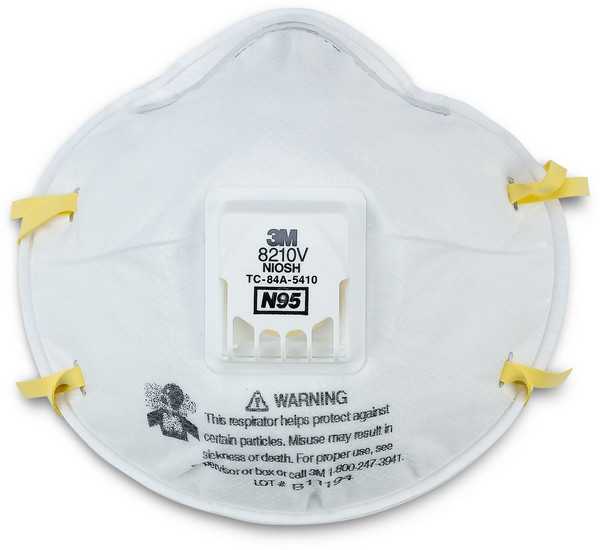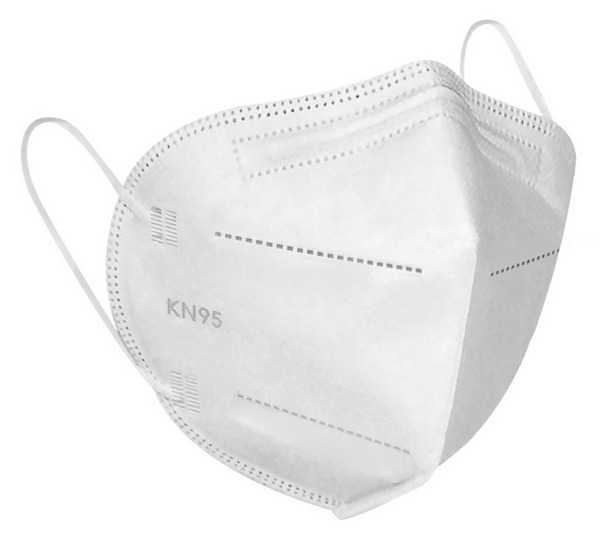Evaluate the bacterial filtration ability of medical masks

The bacterial filtration capacity of a medical mask is an important indicator to assess its performance. Bacterial filtration capacity is the effectiveness of a mask in filtering airborne bacteria and is usually measured in terms of bacterial filtration efficiency (BFE), which is the efficiency of a mask in filtering bacterial particles and is calculated by comparing the number of bacterial particles filtered by the mask with the number of bacterial particles entering the mask, expressed as a percentage. In this article, we will discuss what is bacterial filtration capacity, how to assess bacterial filtration capacity and the bacterial filtration capacity of common medical masks. 
What is Bacterial Filtration Capacity?
Bacterial Filtration Efficiency (BFE) refers to the ability of a mask to filter bacteria. Bacteria are a group of tiny organisms, ranging in size from 0.3 to 10 microns, and are one of the causative agents of many diseases. Bacteria filtration efficiency is therefore one of the most important indicators of a mask's ability to protect against bacterial infections.
How is bacterial filtration capacity assessed?
The internationally accepted method of assessing the bacterial filtration capacity of masks is by experimentally measuring the effectiveness of the mask in filtering bacteria. Specifically, a mask is tested under specific conditions using a certain number of bacteria and then the filtration efficiency is calculated by comparing the original bacteria with the number of bacteria that pass through the mask.
Bacteria filtration capacity of common medical masks
The bacterial filtration capacity of medical masks varies according to different standards and requirements. The following are common medical masks and their criteria for bacterial filtration capacity:
Medical surgical masks (Surgical Masks)
Medical surgical masks are the most common type of medical mask and are mainly used in theatre, operating theatre surgery, dental surgery, nursing and other situations. In terms of bacterial filtration, medical surgical masks usually have a BFE of 95% or more.
N95 masks
The N95 mask is a high efficiency protective mask that filters out tiny airborne particles, including viruses and bacteria. The BFE of N95 masks is usually over 95% for bacterial filtration.

KN95 masks
KN95 masks are a type of mask specified in the Chinese standard GB2626-2006, which filters non-oily particulate matter, including viruses and bacteria. In terms of bacterial filtration, KN95 masks typically have a BFE of 95% or more.

The bacterial filtration capacity of medical masks is usually assessed using laboratory bacterial filtration efficiency tester, including the US FDA's ASTM F2101 standard and the European standard EN14683. these test methods require the mask to be exposed to a gas stream containing bacterial particles and then measure the amount of bacterial particles filtered by the mask and the number of bacterial particles entering the mask to calculate the BFE.
The bacterial filtration capacity of medical masks is important to prevent the spread of bacteria and to protect the health of healthcare workers and patients. Therefore, when purchasing medical masks, you should pay attention to their BFE indicators and choose masks that meet the relevant standards.
2023-03-28 10:14



